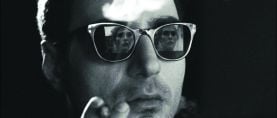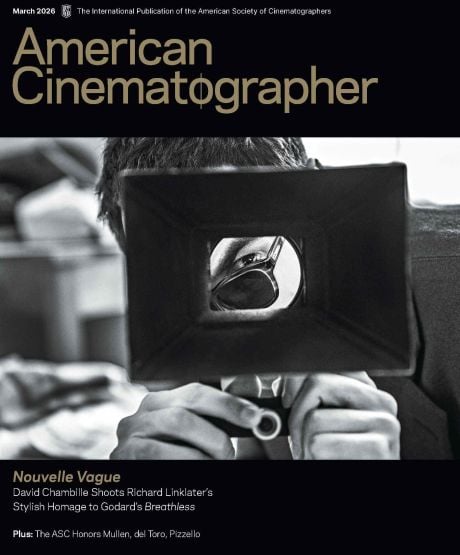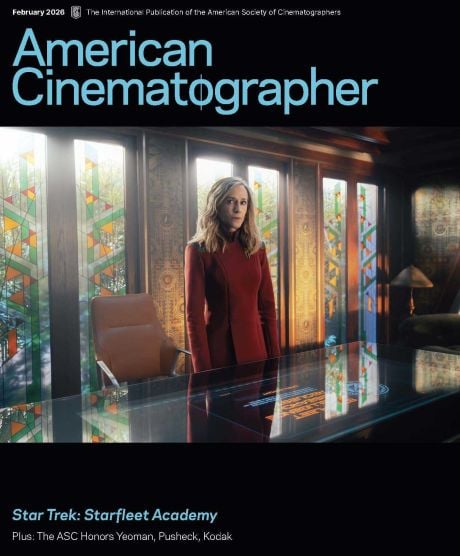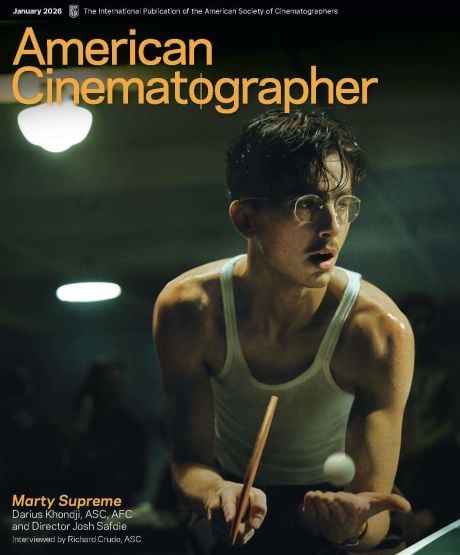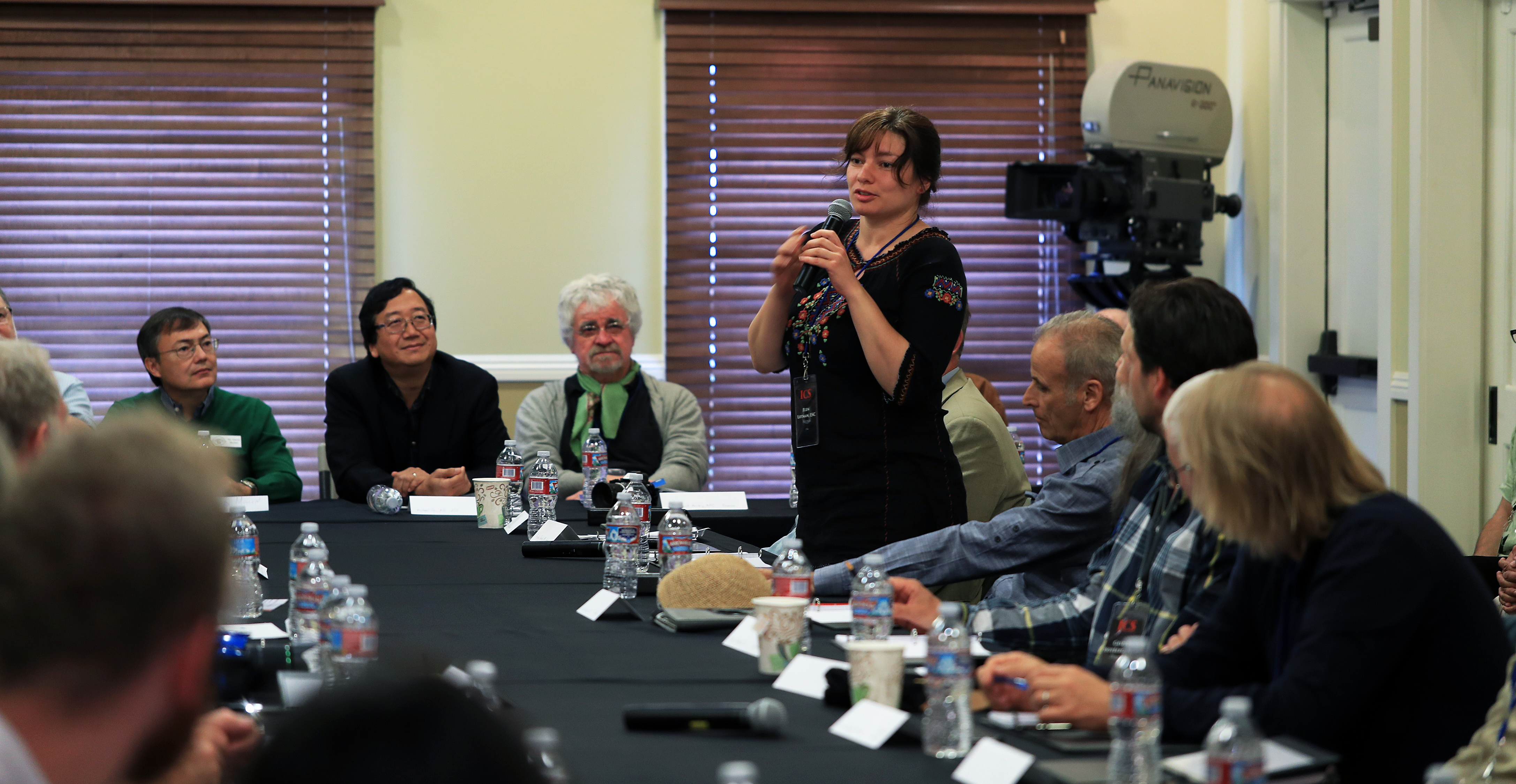
ICS 2016 - Part II: Who is the Author of an Image?
The International Cinematography Summit offered a unique opportunity for motion picture professionals to discuss and demonstrate ideas.
ICS 2016
For this unique four-day event, the American Society of Cinematographers invited peers from around the world to meet in Los Angeles, where they would discuss professional and technological issues and help define how cinematographers can maintain the quality and artistic integrity of the images they create.

The 2016 International Cinematography Summit (ICS), held at the ASC Clubhouse, has drawn cinematographers from more than 20 countries. After the welcoming remarks of ASC President Richard Crudo, ASC and former ASC president Michael Goi, ICS organizer and ASC International Committee chair Fred Goodich, ASC noted that the underlying theme of the four-day conference is to discuss how cinematographers can keep control of their images, especially in light of new digital technologies that continue to flood the market.
“Our purpose is to ensure the role of cinematographer remains a key element,” Goodich said. “We will continue the development of our craft and promote the highest standards of visual storytelling, to maintain the integrity of our professional and that of the final product. We are the custodians of the image; it is our heritage and our responsibility.”
As the roundtable of cinematographers introduced themselves, the conversation quickly turned to the topic of “authorship,” by which cinematographers are deemed “authors” of the images in a film or TV program, and compensated with residuals. For many, the struggle is less about the money and more about gaining respect on a set they say has become chaotic.
Ricardo Matamoros, SVC, president of the Venezuelan Society of Cinematographers and Secretary General of the newly formed Federation of Latin American Cinematographers, noted that the U.S. is ruled by copyright culture, whereas Central and South American culture arises from the French Revolution “that gives rights to people.”
“The way you need to construct leadership in your culture is different from the way we have to pursue it in ours,” Matamoros explained. Because democratized technology has created anarchy on the set, he continued, the cinematographers need to recover their authority.
To that end, cinematographers in Venezuela have submitted a provision to the Venezuelan National Assembly to make the cinematographer an author of his or her images, a provision he notes that is already the law in Mexico. Matamoros expects the law to come up for passage in the next year. “We are not doing it to become enemies with the producers,” he said. “By regaining our authority, we’ll create order, make things happen more rapidly and efficiently on set.”
In Germany, a higher court recently made a ruling on authorship that could have reverberations for the entire cinematography community in that country, said Rolf Coulanges, BVK, a member of the German Society of Cinematographers who is also a board member of Imago. There, the struggle for authorship has revolved around cinematographer Jost Vacano, ASC, BVK, who shot the Wolfgang Peterson-directed 1981 World War II drama Das Boot. For this film, Vacano created a method to capture long running shots down the length of a claustrophobic submarine, which became one of the picture’s signature images. The movie grossed more than $100 million worldwide, and Vacano felt he deserved authorship and compensation for his contribution.
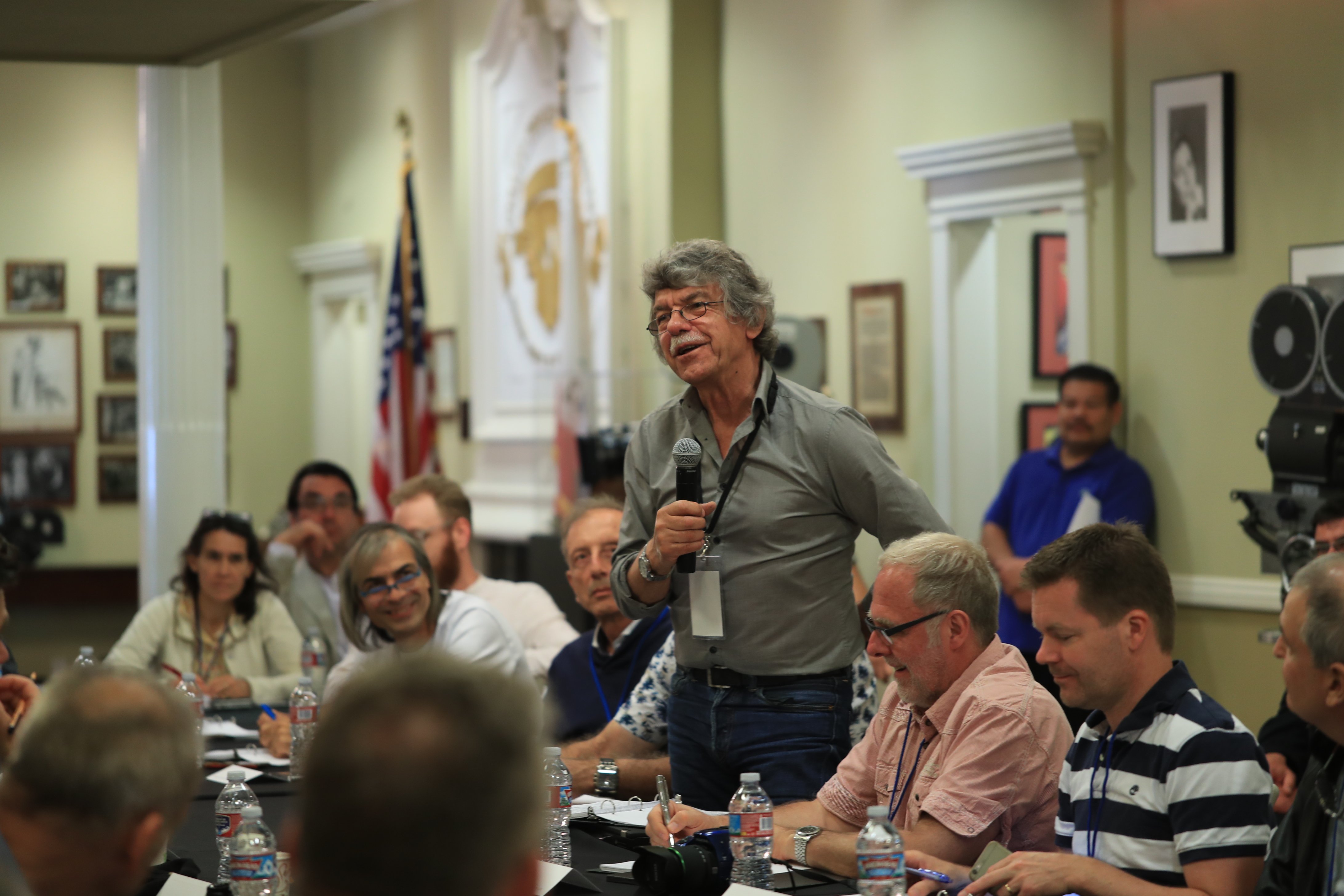
What ensued was an eight-year court case, said Coulanges, in which Vacano brought suit against production studio Bavaria Film, a prominent TV station and a home entertainment company. At one point, the court offered the defendants the opportunity to settle the case for €700,000, but they turned it down.
Recently, reports Coulanges, a higher court instructed the three defendants to pay Vacano €475,000. Even so, it only resolves the issue of authorship for movies that have been very successful. If the defendants appeal the verdict, Vacano might never receive a penny. But his personal struggle, supported by the BVK, was on behalf of all German cinematographers. “This is a good base to struggle for more general author’s rights for cinematographers,” said Coulanges. (See related story here.)
Ron Johanson, ACS, president of the Australian Cinematographers Society, noted that cinematographers there have tried to get authorship rights but have encountered “incredible brick walls.”
“Directors, producers, screen composers have it,” Johanson continued. “We keep trying, but our government doesn’t recognize us. Many years ago, Australians signed those rights away, in ignorance, so now we have to start from scratch.”
Johanson and many other members noted the importance of membership in Imago. Elen Lotman, ESC, a cinematographer from Estonia — which has the world’s smallest cinematographers’ association, she joked — reported that there was a motion to change the authorship law in Estonia. “We started fighting against this and we had help from Imago and managed to stop the change in this law,” she said. “Being a part of an international organization will help you in fighting for the cause in your own country.”
Casper Hoyberg, DFF, vice president of the Danish Association of Cinematographers, noted that cinematographers in his country have had copyright over their pictures, images, films and TV for 10 years. “And we get residuals when the movies are screened,” he said. This last year, Hoyberg explained, they are fighting to get authorship of their work in on-demand projects, and next year they will focus on digital streaming content. He also refers to Imago, noting that the hope is that the European Parliament will make authorship a right for every cinematographer in Europe: “That’s the dream.”



